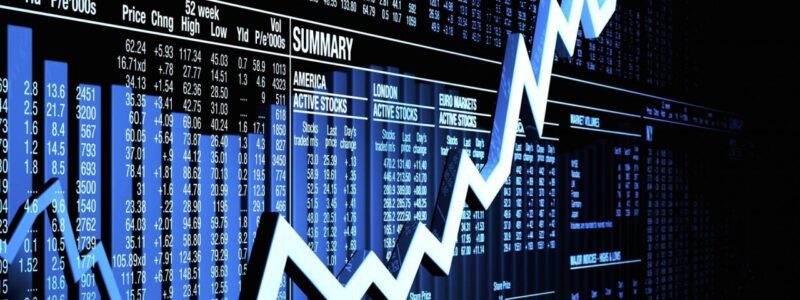
Stock indices of the largest countries in the Asia-Pacific region (APR) do not show a single dynamics during trading on Tuesday.
The Japanese Nikkei 225 rose by 0.02% by 08:35 Moscow time.
Consumer spending in Japan rose 3.4% year-on-year in July, official statistics show. Analysts on average predicted an increase of 4.2%.
The growth leaders among the components of the index are shares of the chemical Unitika Ltd., which add 7.5%, the leaders of the fall are the papers of the electricity distribution company Tokyo Electric Power Co. Holdings Inc. (-four%).
Asia’s largest clothing retailer Fast Retailing is up 0.1%, automaker Nissan Motor Co. – decrease by 0.75%.
The Chinese Shanghai Composite index added 1.11% by 08:40 Moscow time, while the Hong Kong Hang Seng fell by 0.16%.
The People’s Bank of China (PBOC, the country’s central bank) intends to lower the required reserve ratio (RRR) for banks by 200 points, to 6%, starting from September 15, the regulator said. The decision was made against the backdrop of the fall of the Chinese yuan to its lowest value in two years, writes Trading Economics.
The leaders of the decline are the shares of car dealer Zhongsheng Group Holdings Ltd. (-4.9%), Alibaba Health Information Technology Ltd., which provides services for the collection and use of medical data, (-4.3%) and one of the largest bottled water producers in China, Nongfu Spring Co. Ltd. (-2.6%).
The South Korean Kospi index rose by 0.12% by 08:35 Moscow time.
Shares of one of the world’s largest manufacturers of chips and consumer electronics Samsung Electronics Co. fell by 0.18%, while automaker Hyundai Motor – rose by 0.25%.
The Australian S&P/ASX 200 is down 0.36% since the market opened.
The Reserve Bank of Australia (RBA) raised its key rate by 50 basis points for the fourth time in a row amid efforts to fight inflation, while warning of its readiness to continue tightening monetary policy.
The key rate was raised on Tuesday to 2.35% from 1.85%. Since May, the regulator has increased it by a total of 225 basis points – the highest rate of monetary tightening in almost 30 years, writes MarketWatch.
Consumer confidence in Australia rose 1.3% last week, hitting its highest since early June, according to ANZ Bank’s weekly survey.
Meanwhile, Australia’s current account surplus widened to A$18.3 billion in the second quarter from A$2.8 billion in the same period a year earlier, official statistics showed.
The market value of the world’s largest mining companies BHP and Rio Tinto decreased by 1% and 1.1%, respectively. Rio Tinto has entered into a binding agreement with Turquoise Hill Resources Ltd. about the acquisition of the remaining shares of the copper producer, which it does not already own, Rio Tinto said in a statement.